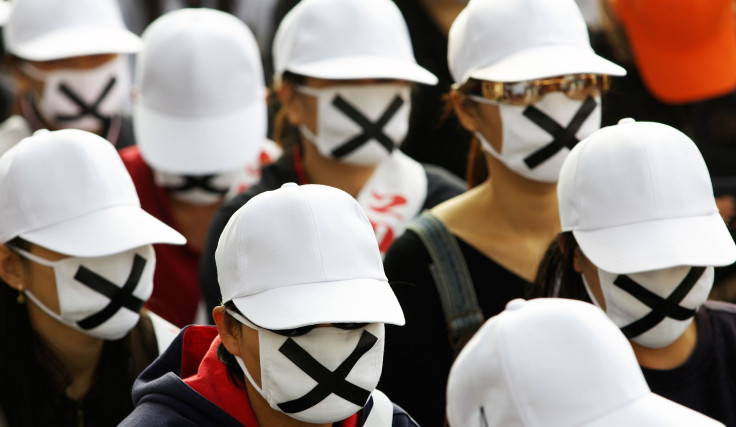Amnesty International Votes In Favor Of Decriminalizing Sex Work

In a landmark decision, global rights group Amnesty International voted Tuesday in favor of decriminalizing sex work. The move comes despite strong opposition from women’s groups who fear it would encourage exploitation of women.
At its decision-making forum in Ireland, the International Council Meeting, which involves delegates from around the world, the group approved a resolution that called for “full decriminalization of all aspects of consensual sex work,” Amnesty said in a statement.
“We recognize that this critical human rights issue is hugely complex and that is why we have addressed this issue from the perspective of international human rights standards,” Amnesty Secretary-General Salil Shetty said in the statement. “We also consulted with our global movement to take on board different views from around the world.”
The decision drew censure from anti-trafficking groups. Esohe Aghatise, an anti-trafficking manager at Equality Now, told CNN: "It is a matter of deep regret that Amnesty has chosen to support the powerful sex trade barons who exploit the weak and poor and has refused to listen to the voice of survivors. It has ignored international law and has ignored the evidence from countries which have decriminalized brothel keeping, pimping and buying sex."
However, Amnesty defended its decision, asserting that it was informed “by the findings of a two-year consultation” with parties, including the United Nations and LGBT activists. The group said the research it conducted in four countries corroborated the decision.
Amnesty also emphasized that it “considers human trafficking abhorrent in all of its forms, including sexual exploitation, and should be criminalized as a matter of international law.”
Amnesty Policy Advisor Catherine Murphy told CNN that the group would only focus on those laws that “criminalize adult consensual sex work, or selling of sex among consensual adults.”
She added that their decision was based on the finding of an "antagonistic relationship, often, between police and sex workers," which the new policy would help alleviate.
Some groups also expressed their approval of the new move. The Women's Global Network for Reproductive Rights expressed its support of the resolution last week, stating that it would strongly benefit “the needs, voices, and rights of those most impacted, namely sex workers themselves.”
A group of prominent HIV researchers also said in 2014 that decriminalizing sex work could have a major impact on reducing HIV infections among sex workers, and could potentially reduce up to a third of all HIV infections in Canada, India and Kenya.
Currently, 116 countries across the world have laws that criminalize prostitution, Reuters reported.
© Copyright IBTimes 2024. All rights reserved.











